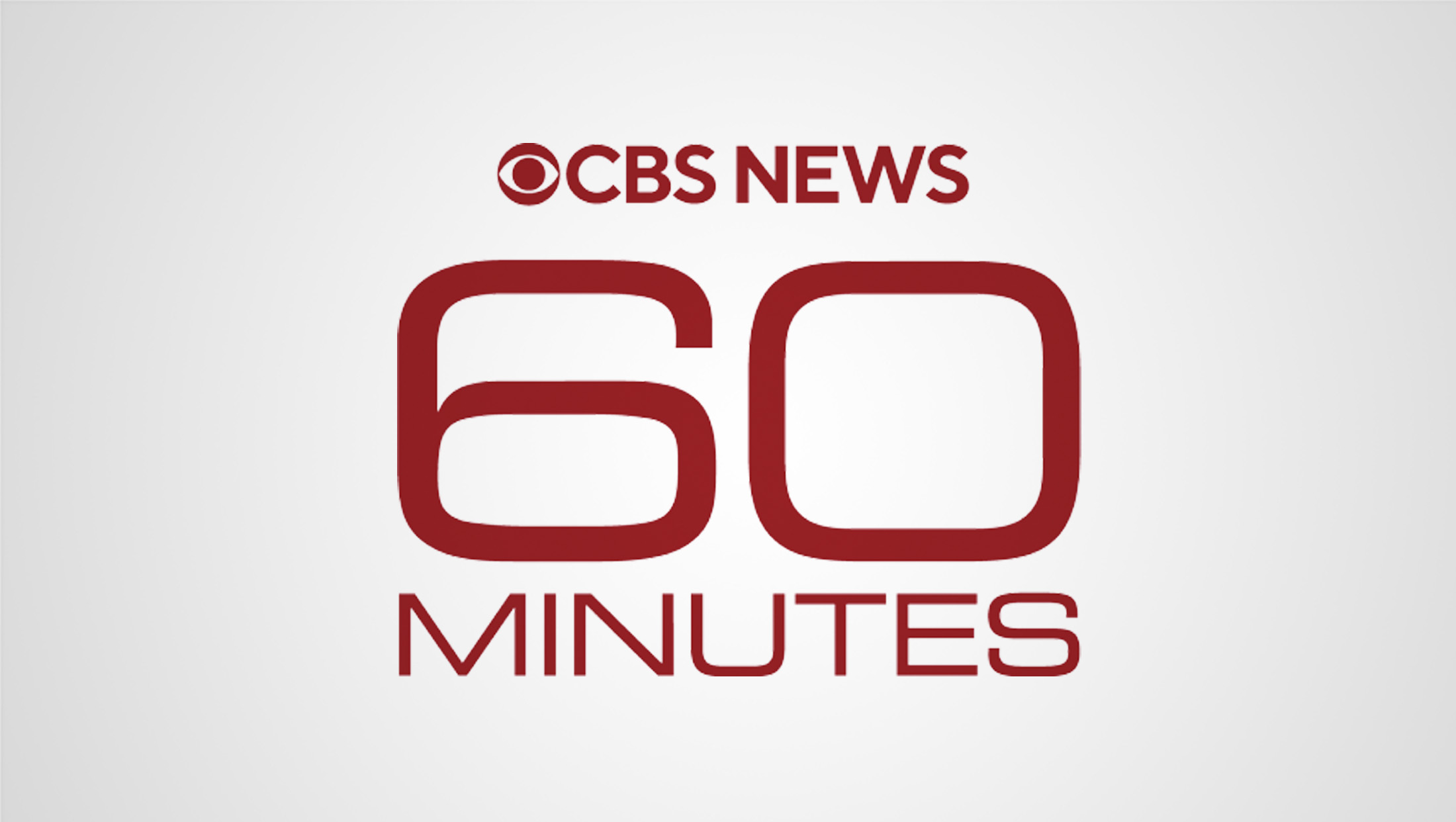CBS agrees to release transcript, video of Harris interview to FCC, public

Subscribe to NCS for the latest news, project case studies and product announcements in broadcast technology, creative design and engineering delivered to your inbox.
CBS News will release an unedited transcript and raw video of Vice President Kamala Harris‘ October 2024 interview with correspondent Bill Whitaker to the FCC.
The network announced that Brendan Carr, Donald Trump’s head of the FCC, has requested the network release the transcript and raw camera feeds of the interview as part of an investigation the commission is running. It also posted the same content to its website for the general public.
Meanwhile, in a separate matter, Trump sued CBS in 2024 for $10 billion over the same interview, later amending the amount to $20 billion Feb. 8, 2025.
The revised suit also includes language that attempts to shift the focus of the suit away from First Amendment issues and argues that Paramount Global and CBS allegedly had “business motivations” to bolster Harris, though it was not immediately clear what those interests might be or how the network might have benefitted from them since Harris ultimately lost the election.
The interview, which aired about a week before the 2024 election, came under fire after two different edits of a response to the same question aired on CBS — one as part of a preview on the network’s Sunday morning political affairs show “Face the Nation.”
The version that aired in the “60 Minutes” report was edited differently. CBS has said both edits were done to conform to time constraints of both uses.
At issue is a question where Whitaker asked Harris if Israeli Prime Minister Benjamin Netanyahu was “not listening.”
On this version, Harris is shown responding with:
“Well, Bill, the work that we have done has resulted in a number of movements in that region by Israel that were very much prompted by, or a result of many things, including our advocacy for what needs to happen in the region.” (At least some sources appear to have transcribed a word or two of this phrase incorrectly.)
The “60 Minutes” report, however, featured a different portion of Harris’ response.
“We are not gonna stop pursuing what is necessary for the United States to be clear about where we stand on the need for this war to end.”
CBS later said that the two significantly different responses were taken from different portions of a long, extended response Harris gave to the same question. CBS has denied doctoring the interview responses and there is no evidence the network attempted to manipulate the exact same set of words, however, by slipping in cutaways or B-roll, as is sometimes done in broadcasting.
After CBS released the full transcript, it became clear how the edit occurred. Here’s the full text of the response in question as released by CBS that also matches up with the provided video. The text is shown below with the two parts that aired in bold, which was added by NewscastStudio for illustrative purposes.
“Well, Bill, the work that we have done has resulted in a number of movements in that region by Israel that were very much prompted by, or a result of many things, including our advocacy for what needs to happen in the region. And we’re not going to stop doing that. We are not going to stop pursuing what is necessary for the United States to be clear about where we stand on the need for this war to end.”
So, in short, CBS aired almost all of Harris’ response across two separate instances, with just “And we’re not going to stop doing that” being omitted completely.
To be fair, CBS did use a clearer, more succinct version of the response on “60 Minutes,” which likely had a wider audience, with the wordier version airing on the “Face the Nation” preview only.
Because “60 Minutes” aired after the “FNT” clip, it does cast at least some suspicion that the network might have opted to “clean up” Harris’ response later, but there is no evidence for this or any indication of how the editorial decisions were made to select what show used which clip.
Since the incident, CBS created a standards editor role, which has largely been viewed as a response, in part, to the “60 Minutes” editing issue.
It is somewhat odd that the seemingly wordier version was used on “FTN,” where time constraints likely were much tighter given it was a promo-style segment.
Trump took issue with the clips and sued CBS for what he calls “partisan and unlawful acts of voter interference” and citing violations of the Deceptive Trade Practices Act.
Multiple legal experts have questioned how the DTPA applies in this case.
“To paper over Kamala’s ‘word salad’ weakness, CBS used its national platform on 60 Minutes to cross the line from the exercise of judgment in reporting to deceitful, deceptive manipulation of news,” the suit, which was filed in federal court in Texas, reads.
Trump himself is known to stumble with his words during public appearances and interviews and has also likely had his interview responses edited in a similar fashion as Harris’.
It is not uncommon for networks to select a portion of an interviewee’s response to use simply because, as CBS claims in this case, subjects often offer lengthy responses with certain parts that are clearer or more succinct. It is ultimately the duty of the outlet to ensure that the response still accurately reflects the intent of the overall response.
Trump has not, as is his right, dropped the suit even after winning the 2024 election. It is not immediately clear where the $10 billion figure came from.
Meanwhile, CBS has reportedly been in talks to settle the lawsuit, according to both The New York Times and Wall Street Journal reports. If it opted to do so, it would follow ABC News in becoming the latest major media outlet to settle with Trump, meaning that the case is being watched closely by media executives and analysts and legal scholars. CBS News staffers are said to be “alarmed” by reports of a potential settlement.
Additional reports indicate that Paramount Global, which owns CBS, wants to settle to avoid any friction with Trump as it prepares for regulatory clearance of its merger with Skydance Media.
ABC paid $15 million in late 2024 to help build a library and museum for Trump after George Stephanopoulos claimed multiple times, incorrectly, that Trump had been found liable for “raping” writer E. Jean Carroll. Trump was found liable of “sexual abuse,” which does have a distinct meaning under the law.
Officially, the payment is labeled as a “charitable contribution.” ABC also updated its website to express regret for Stephanopoulos’ statements, which were made on “This Week.”
CBS, like most networks and news organizations, keeps its raw news footage close to the vest as a matter of practice. In most cases, access to unaired footage is only available through a court order unless the news organization opts to voluntarily provide it. Many organizations refrain from doing this, however, in order to avoid setting a precedence for such releases.
Even when outlets offer “full” interviews as extended version on digital platforms, these may ultimately be edited either lightly or heavily.
It is somewhat ironic that at least part of the reason TV news outlets shy away from releasing unaired footage is to avoid opening up the gates to a nearly endless amounts of disputes over how editing decisions are made.
There are also legitimate reasons that TV news outlets need to protect raw footage, such as if it might reveal the identity of an anonymous source.
Subscribe to NCS for the latest news, project case studies and product announcements in broadcast technology, creative design and engineering delivered to your inbox.





tags
60 Minutes, Bill Whitaker, CBS, CBS News, donald trump, FCC, Lawsuits, Paramount Global, Skydance Media
categories
Broadcast Industry News